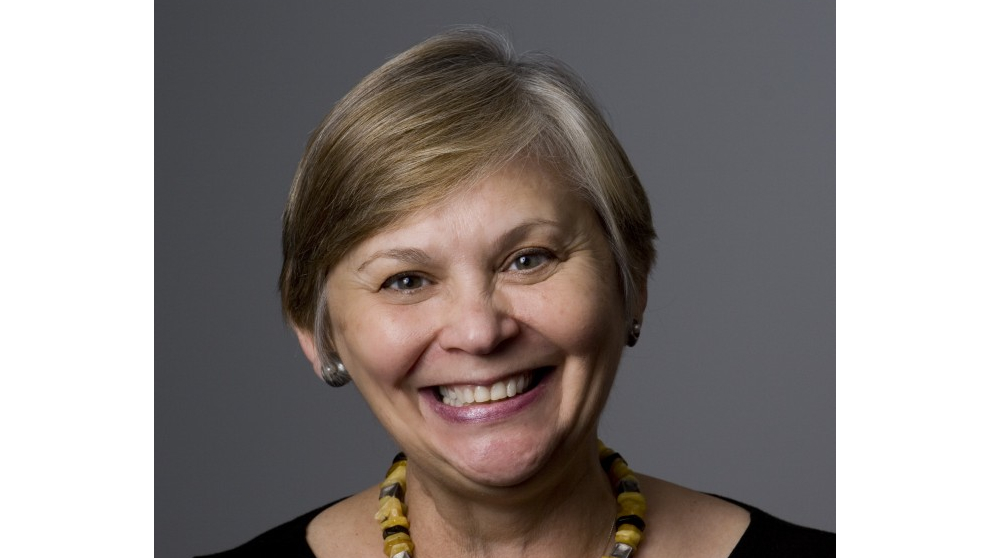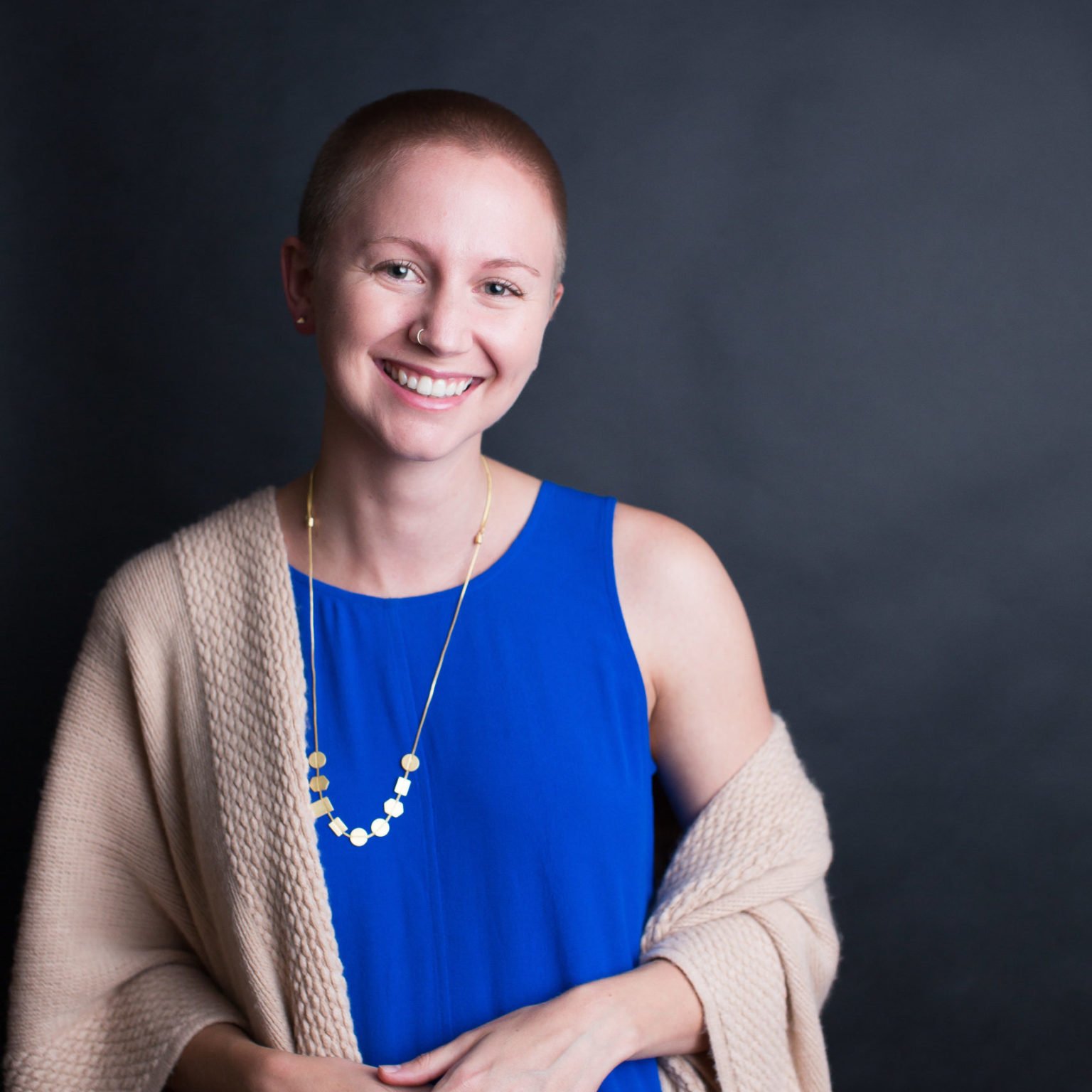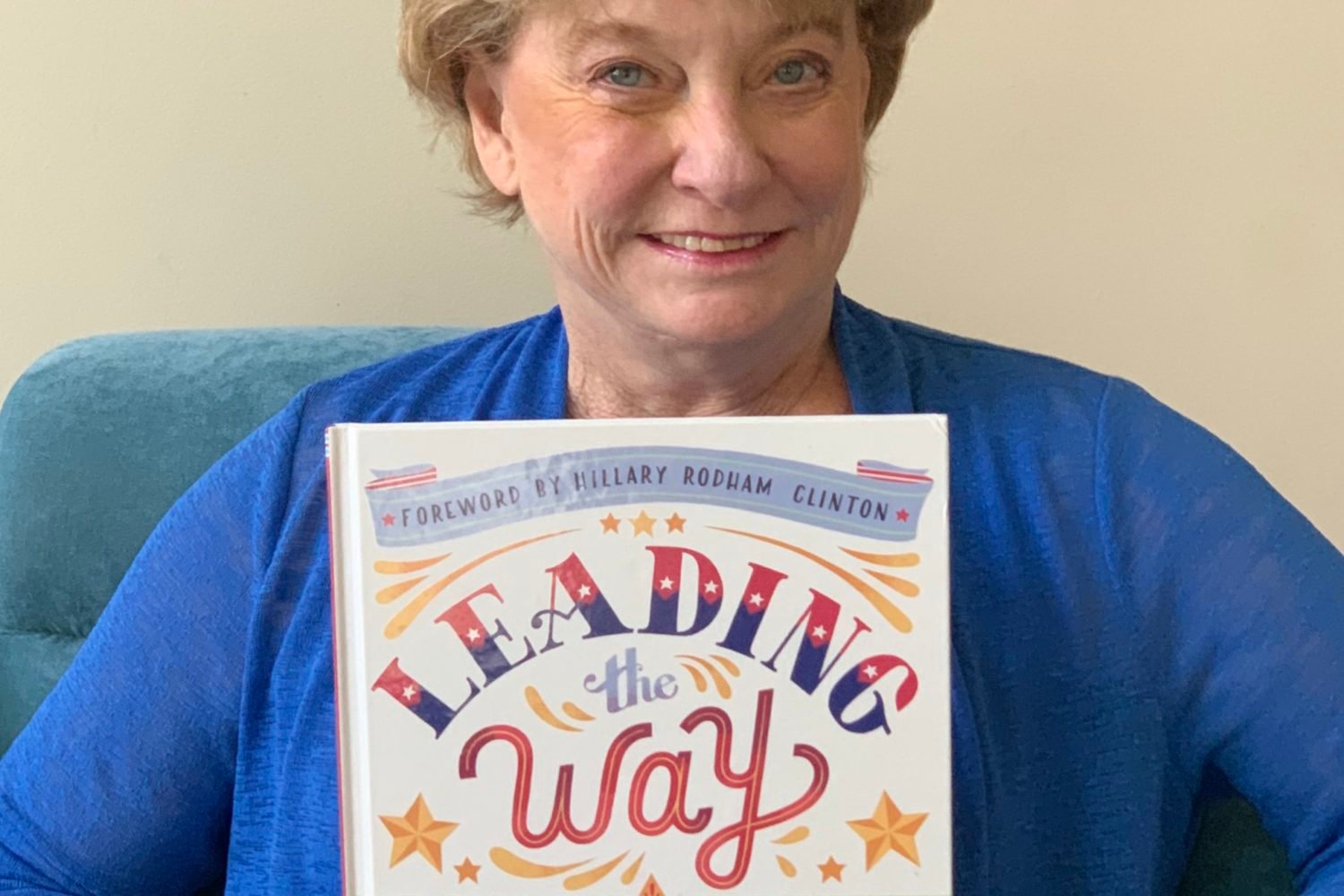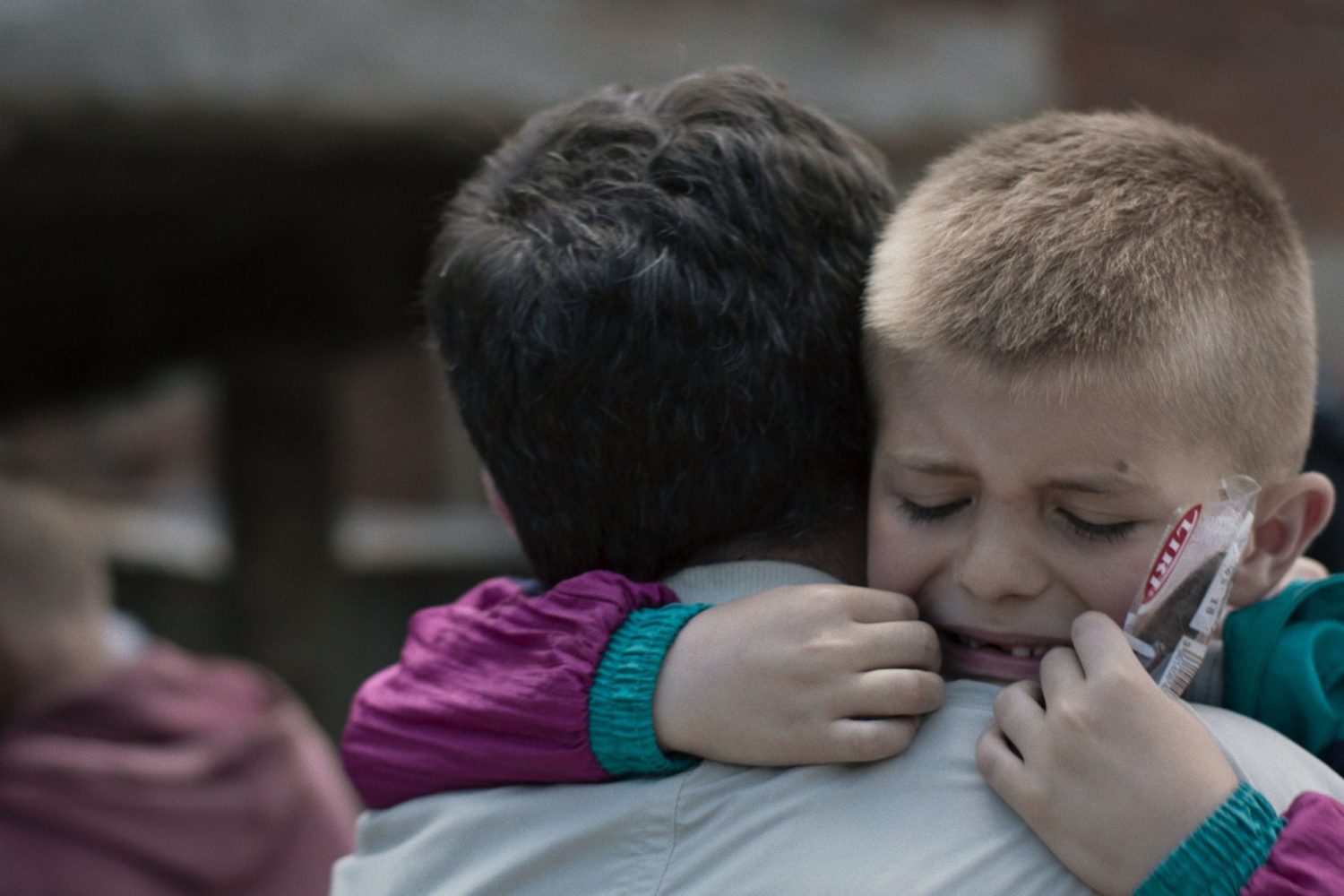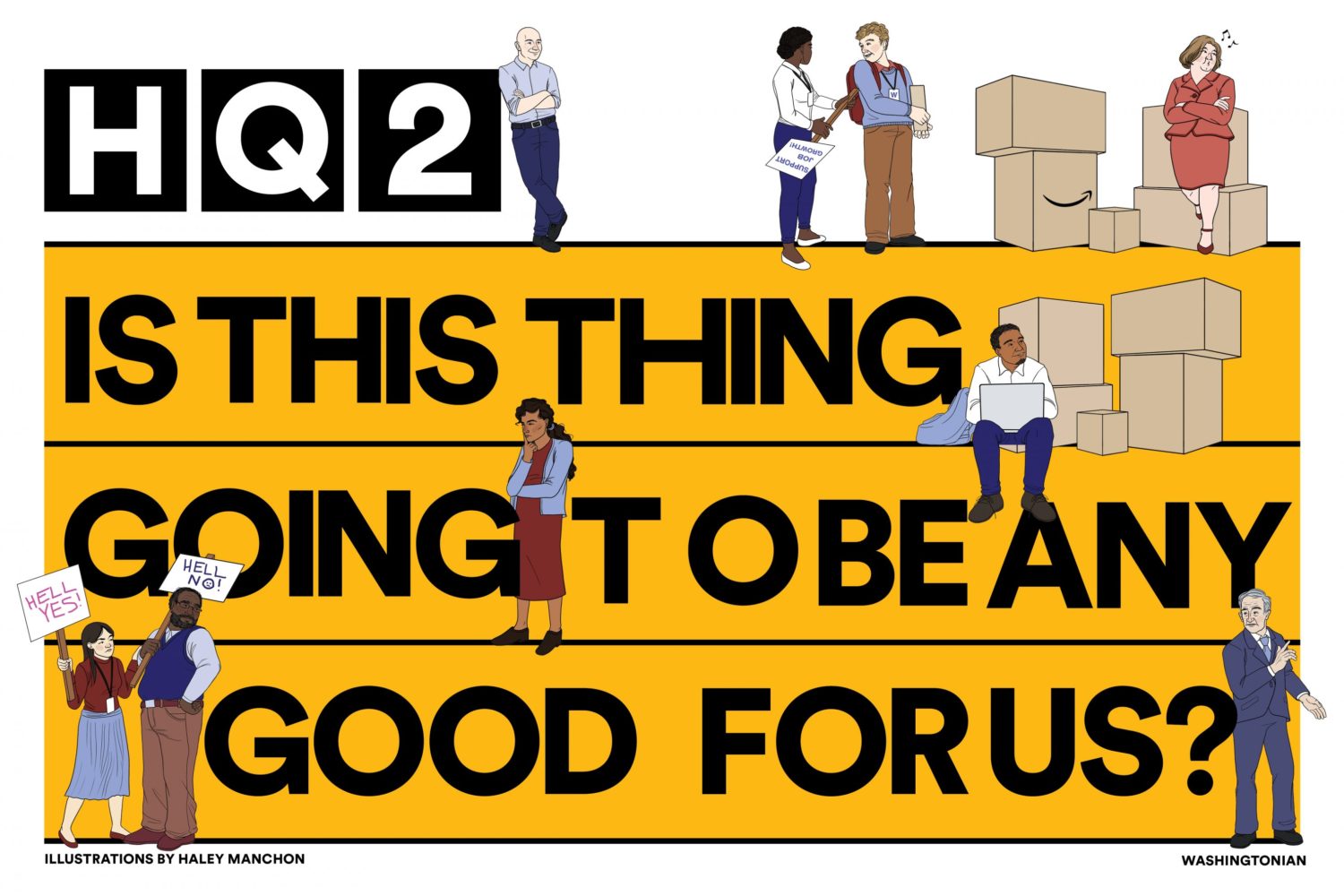The Sixth & I Historic Synagogue is as much a cultural institution as it is a religious one, hosting hundreds of famous authors, musicians, politicians since its inception in 2004. But it wouldn’t be that way without the vision of Esther Safran Foer, the synagogue’s executive director for nearly ten years who announced Thursday that she’s stepping down in order to write a book with her son Franklin Foer, the former editor of The New Republic.
“I have decided it is time for me to hand over the role of Executive Director of Sixth & I so that both the institution and I can embark on the next chapter of life,” she wrote in the announcement. She will officially step down in September and be succeeded by Heather Moran, the executive vice president of global programming and strategy for the National Geographic Channel.
Washingtonian spoke with Foer by phone Thursday to ask her about her legacy at Sixth & I and what she’ll be doing after she leaves.
One of the things you’re most celebrated for is making the synagogue a vibrant cultural hub for the community—how did you do that while maintaining its religious purpose?
I don’t come from a traditional religious background, but I am Jewish and I care very much about my community. I made sure the first handful of people that I hired did not come from traditional Jewish organizations. Because there were so many people who told us what we couldn’t do, what didn’t work, and I really didn’t want to know that. I wanted people to attract the unexpected people—the people who weren’t walking in the doors of traditional organizations. And I think we’re all about unexpected approaches and experimentation. Balancing the Jewish and the secular is paramount to what Sixth & I is about.
It seems like through that experimentation you were able to bring in a much younger crowd. Was that something you were trying to do?
That was the goal. Everybody was saying, “Oh my god young people aren’t interested in religion, and they aren’t interested in community,” and we said, let’s see what happens when we focus on them. When you look at our postcard, you’ll see that a lot of programs are aimed specifically at 20s and 30s. And we see that as core to our mission.
You’ve said that working at Sixth and I reminds you of working on a presidential campaign—which you did in 1972 for George McGovern—in what ways is it similar?
This was particularly in the beginning. When we created this, it had so much energy. It has a mission. We were focused on doing something that we felt was important in building this organization. We were working long hours, and when I worked in that presidential campaign I had no idea what I was doing. But I felt that same sense of purpose and drive and commitment and long hours that I did then—creating something that was important.
What has it been like seeing your three sons give their book talks at Sixth & I?
It’s very gratifying on a whole different level—to see what my own children have done, what they’re talking about, the things they care about and how they, through their own work, have enriched the community. I got a letter from one of my sons, and I’ll read it to you without mentioning which one:
What you’ve done with your career, particularly this second act, has been an example and inspiration to me. You’ve taught me how to lead, how to be creative and how to direct my energies toward the creation and betterment of things bigger than myself. So many of the values you and Dad instilled in us were transmitted through how both of you lived your professional lives as entrepreneurs with a purpose. Some kids live in their parents’ shadows, we live in your sunlight.
It doesn’t get any better than that.
Tell me about the book that you and Franklin are writing together.
Jonathan (Foer’s middle son) wrote Everything Is Illuminated, and he went on this journey of discovery to Ukraine, but he didn’t find anything. And what he did to fill the hole of what he was looking for was to write a book. And because of his book (my family came from these tiny villages), people there started contacting me. And so I went on my own journey of discovery. In 2009, Frank and I went to Ukraine and we found lots of things. We found so much that we didn’t expect to find. History was very much alive for us. I come from a family of Holocaust survivors, and I had a half sister that was killed in the Holocaust that I didn’t know about.
I read all the articles about Elie Wiesel this weekend when he died and I thought, yes, as a second generation child of Holocaust survivors, my voice becomes important now. So I know it’s the right time to do this.
This interview has been edited and condensed.

